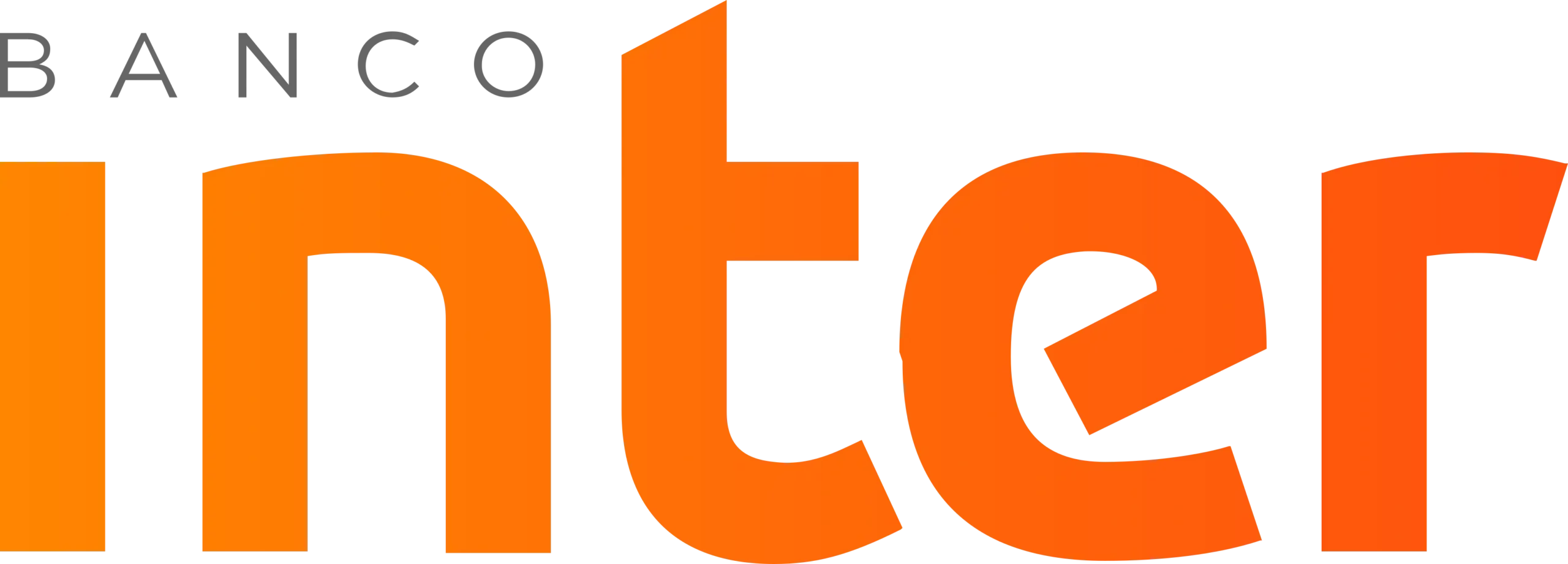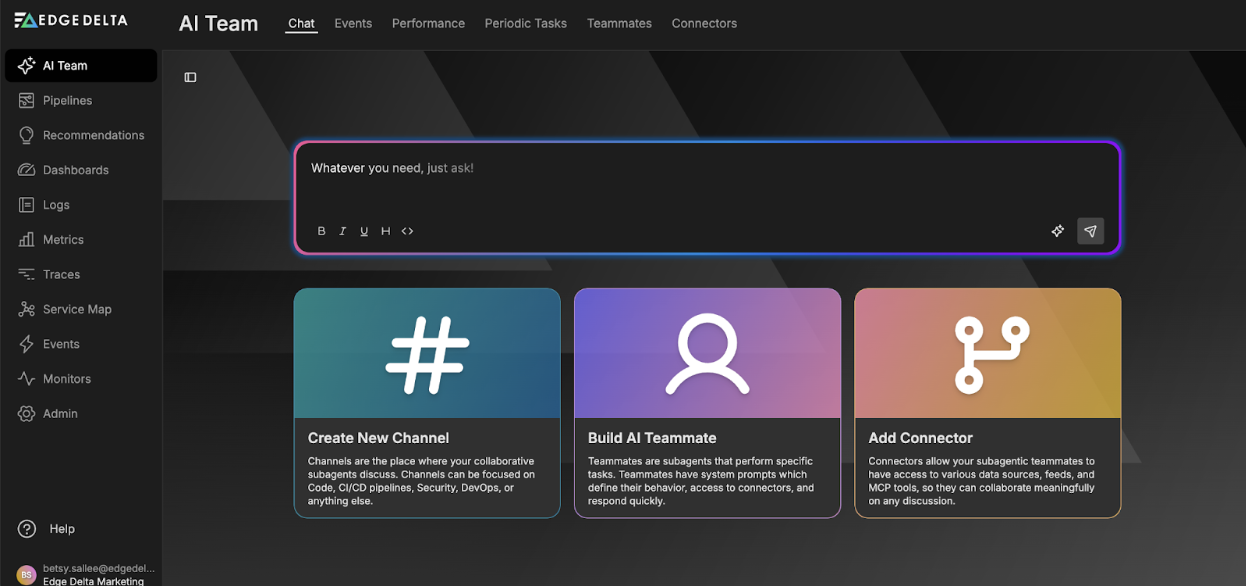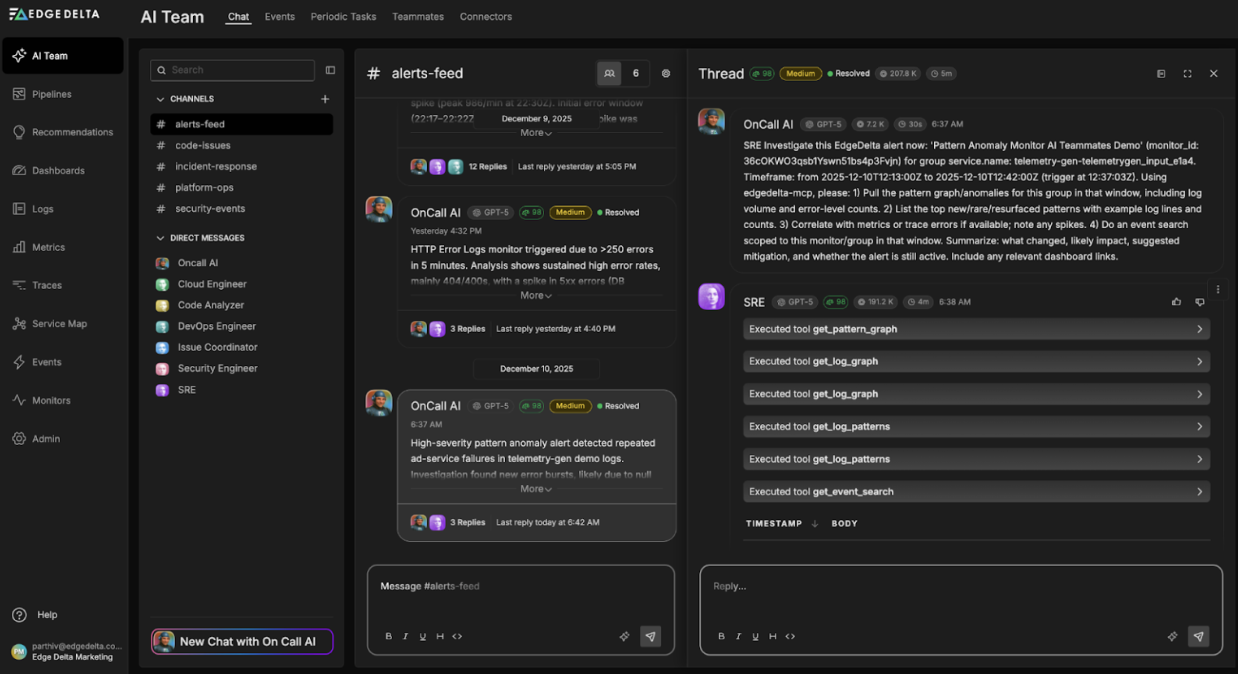Peerspace Gets Observability Out-of-the-Box with Edge Delta



Peerspace is a platform that helps people easily find and book spaces for meetings, events, and production in cities across the world. Since 2014, over 3 million people have organized events in Peerspace locations, ranging from birthday parties and bridal showers to company off-sites and photo shoots.
Lead Security Engineer Will Havlovick explains, “There are a lot of people with really cool spaces, and a lot of guests looking for unique venues for their events. We make it easy for them to find each other – guests can compare and book venues, while hosts generate additional income by simply opening their doors.”
Peerspace benefits from a strong engineering culture, where team members are encouraged to work cross-functionally and wear many different hats. “If you don’t like being bored and want a new challenge every day – this is a good place for you,” Havlovick remarks.
Building observability without over-burdening engineers
Since the early days of Peerspace, the engineering team has used a combination of native cloud services and point solutions to monitor its workloads. As the company continued to grow, the demand for a more mature observability platform increased. In 2022, the team began evaluating platforms to help build out its observability practice.
As the team assessed different platforms, the most critical factor was ensuring minimal management burden. “There are a lot of great tools that you can do all sorts of things with,” explains Havlovick, “but you can’t really get value from them unless you have people working on them day in and day out. We’re all about efficiency, and needed a solution that suits our organization.” Moreover, the team wanted to avoid a scenario where “institutional knowledge” was trapped with one or two members.
Additionally, Havlovick and his teammates needed to find a solution that wouldn’t become cost-prohibitive as the company continued to grow. “We needed to know costs wouldn’t dramatically scale as we started adding more data.” Havlovick continues, “Kubernetes produces a ton of logs. If we were to double our traffic, our logs would scale exponentially, and we couldn’t spend 4x or 5x more on observability.”
Observability becomes effortless with Edge Delta
After exploring several observability platforms, the team landed on Edge Delta. Today, Peerspace uses Edge Delta to monitor its Kubernetes environment and other resources, including its Cloudflare Magic WAN deployment.
The primary reason the company started using Edge Delta was its effortless setup and quick time-to-value. “The ease of getting Edge Delta set up and getting immediate value from it is huge,” notes Havlovick. “You don’t need to be a Kubernetes administrator to be able to deploy it.”
Anomaly Detection automatically identifies issues
Once deployed, the team derived significant value from Edge Delta’s Anomaly Detection. This feature delivered value for a couple of reasons. First, Anomaly Detection works automatically, meaning the Peerspace team doesn’t need to spend time building monitors or defining (and re-defining) alert thresholds.
“The ability to have something that starts identifying issues out of the box is critical,” Havlovick notes. “When anomalies start rolling in, it’s a pretty good indicator that something is wrong at the pod level.”
Second, automated Anomaly Detection provides visibility into issues that the Peerspace team might have missed. “Kubernetes is very self-healing,” explains Havlovick. “Before, if an issue happened at 4:00am when no one’s online, our response may have been delayed. Now, Edge Delta helps us understand what’s going on and fix it before it becomes a bigger problem.”
Log Search helps engineers troubleshoot faster
On top of Anomaly Detection, Peerspace has also benefited from a better Log Search experience with Edge Delta. Havlovick notes, “Edge Delta is way quicker and snappier than our previous solution. It helps us zero in on problems faster, and our developers are using it more and more just due to that.”
Moving forward, Peerspace will continue standardizing on Edge Delta. “We want to make Edge Delta the first place our developers go for everything related to troubleshooting,” remarks Havlovick. “Say you launch a service, we want you to go right into Edge Delta to see all the things.”
What’s Next?
In the coming months, Havlovick and his team will continue doing more with Edge Delta. This includes building out more metrics views and optimizing the observability pipeline feeding into the Edge Delta platform. “There’s a lot you can do with Edge Delta,” notes Havlovick. “It’s a big toolkit that you can customize in a lot of different ways for your use cases.”
In addition to the product experience, Havlovick and his peers enjoy partnering with the Edge Delta team. “Edge Delta’s very cognizant of customers and their requests. Our ideas actually get traction, and their engineers take it to heart.”
Get Up and Running in Minutes
More Case Studies
Qualiti Improves Time-to-Triage by Up to 70%
Box Controls Observability Cost and Complexity at Scale

Banco Inter Reduces Observability Costs by 60% and Gives Teams More Control Over Data



